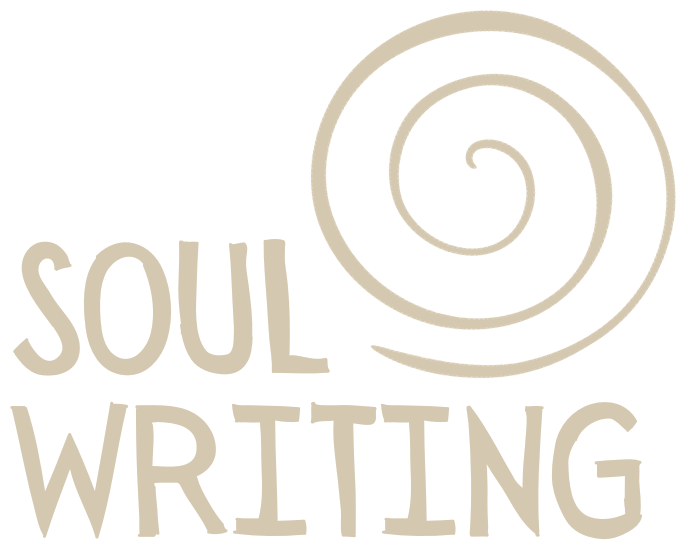Dismantle Grammar
Right now, much of the world is taking scythes to the hedges and corn stalks that have, for generations, trapped us all in a maze of excruciating conformity, very much including the arbitrary rules of English grammar. The way I’m seeing this necessary demolition show up in Soul Writing workshops is pretty cool.
Conformity
Having spent my adult life in a torrid love affair with the English language—specifically the written word—I’ve remained blind to its flaws: namely, the way it, like so many tools of white dominant culture, serves to control and oppress. It has constricted many a brilliant voice before—or worse, shut it down before it’s had a chance to say anything at all.
At the tip of this awful iceberg are the otherwise privileged native English speakers who, for whatever reason, couldn’t onboard the rules drilled into us in school, and therefore don’t know when to use ‘your’ versus ‘you’re.’ Who the fuck cares? Is any of this not a reason not to write?
Yes, for many, it is. It’s precisely what freezes us up. It’s where the self- or other-imposed label of “I’m Not a Writer” gets slapped on our little sweater, and the world is instantly deprived of a powerful voice, probably forever.
More tragically, awfully, evilly, there are folks who did not grow up speaking, let alone writing, ‘proper’ English. They either struggle and strain to learn and use it, or are dismissed and rejected if they can’t.
In her Huff Post article, Are You Asking Me to Talk the ‘Right’ Way or the ‘White’ Way?, Jolie A Dogget says, “Proper English elevates whiteness while reinforcing the inferiority of everyone else. Anything that deviates from that is wrong and needs to be corrected. This reinforces for privileged white students that they’re the default and that everyone else has to conform.”
By the way, I’m learning that whiteness doesn’t refer just to skin color. It is a vast societal structure designed to elevate some and oppress others. It has its own set of rules to which we conform or not, and therefore determine how successful we are. (One of those rules is actually termed “Worship of the written word.” Yiiiiikes.) This is the water we swim in, so distinctions like these can be jarring when we first encounter them, especially to folks like me who have benefitted from this system their whole lives. If you are feeling the quite natural discomfort that comes with wandering into this territory, I invite you to join me in getting curious and reading up about it.
Dismantlement
Anyway, in part, Soul Writing is an attempt to dismantle this and repair the damage this has done to all of us, and the courageous folks who show up are doing just that, it in amazing ways. When we bypass the mind, the critic, and the rules hanging out in our psyche, the most unexpected and moving combinations of phrases come through. There is so much beauty in the sentence fragments and the made-up words, or when a writer’s inner eight-year-old suddenly grabs the pen. If we’re lucky, occasionally someone will gift the group a piece written in a language other than English. While maybe we can’t track the meaning of the words with our brains, there’s plenty that moves and impresses. Our hearts and guts follow exactly what is going on and have plenty to say by way of celebration.
This is ‘good’ writing. This is healing writing. This is the writing that frees us.
It’s an imperfect attempt at dismantlement, of course—I myself am very much in recovery. I made it through the merciless obstacle course that is the mastery of written English because I started from a place of privilege and, through a ‘fortunate’ combination of brain chemistry and desperation to conform, absorbed all those random rules right into my marrow. My mental and emotional bandwidth has been known to get clogged with trivialities like misused apostrophes and hanging prepositions. It used to be a point of pride—as though my knowing how to ‘properly’ punctuate a sentence was something that made me desirable, superior. (Shudder.) It gave me a leg up. Still does. But I see it now, at least. I see how ugly it is, how unhelpful, and how truly harmful.
A quiet reclaiming
As welcoming as the Soul Writing process is, I know there are lots of people who stay away from it because, for all the ways the world has effed with our natural flow, their “I’m Not a Writer” identity is so deeply embedded they wouldn’t go near anything writing related in the first place.
Makes perfect sense. Still, I’m guessing there are things that want to be said through you. If you’re not ready to write or share in a group, maybe you can sidle up to the page on your own today. See what comes out when you’re letting the words fall through you. What language are they in, what order? How did you write (or draw, or dance, or think) before you found out there were rules to conform to? Before you understood that there was only one way through the cruel maze of our broken society?
Take up your own scythe, your pen, your sharpie, your spray paint can, and write just one sentence in your own voice. Dismantle grammar. Say what you need to say.
You are always welcome to join us to practice more.
